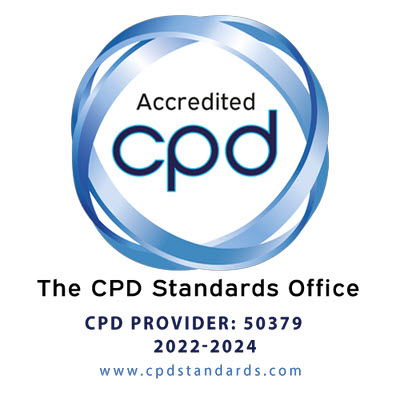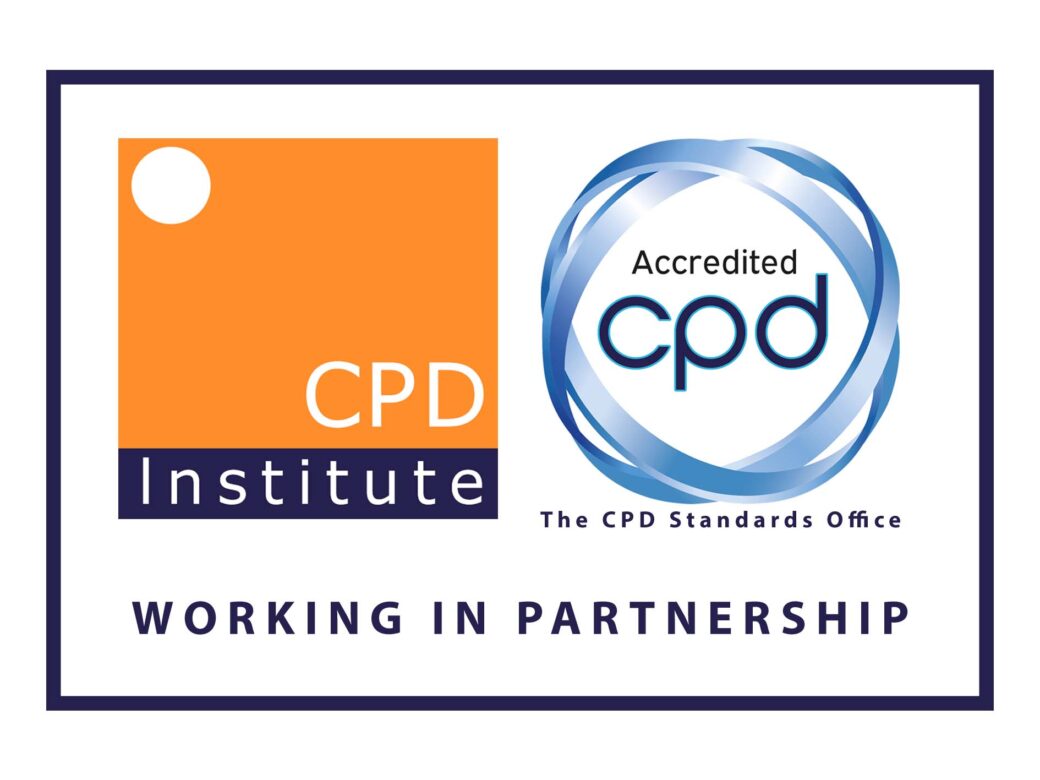How the DALC Programme can help you

Select the Access free showcase button below to sign-up for our Showcase module and try 9 lessons for FREE!
DALC Programme benefits

What learning practitioners are saying about the DALC Programme

Best online learning
“Without a doubt one of the best online learning programmes I’ve ever done! The genius of these modules is not only that they teach you how to design accessible and inclusive learning content, but they are also incredible examples themselves of what this should look like.”
Vicky Park

Incredibly practical
“I can’t recommend this programme enough. It’s incredibly practical and structured to provide immediate, hands-on experience with designing accessible learning content. I was using the principles and examples 10 minutes after I started the course.”
Jahan Kay

Suitable for everyone
“A really excellent programme. I learnt so much from it that I wasn’t aware of before. It’s been created in such a way that makes it suitable for everyone. The feeling of hope and positivity it leaves you with at the end is immensely powerful.”
James Carr

No excuses
“For many years there have been too many excuses in our industry about why we couldn’t make learning content accessible and inclusive. With the release of this exceptional programme, there are simply no longer any excuses.”
Sam Garner
What you’ll cover
The DALC programme, described as ‘The gold standard in practical accessible learning design,’ contains over 100 bitesized practical lessons.
The programme is based on the eLearning accessibility framework designed exclusively to help learning practitioners apply the WCAG standards to learning content. It includes seven modules. Six of these align with the steps in the eLearning accessibility framework. The programme also includes a bonus Introduction module that covers all the background information practitioners need to know to empower them to make their learning content accessible and inclusive.
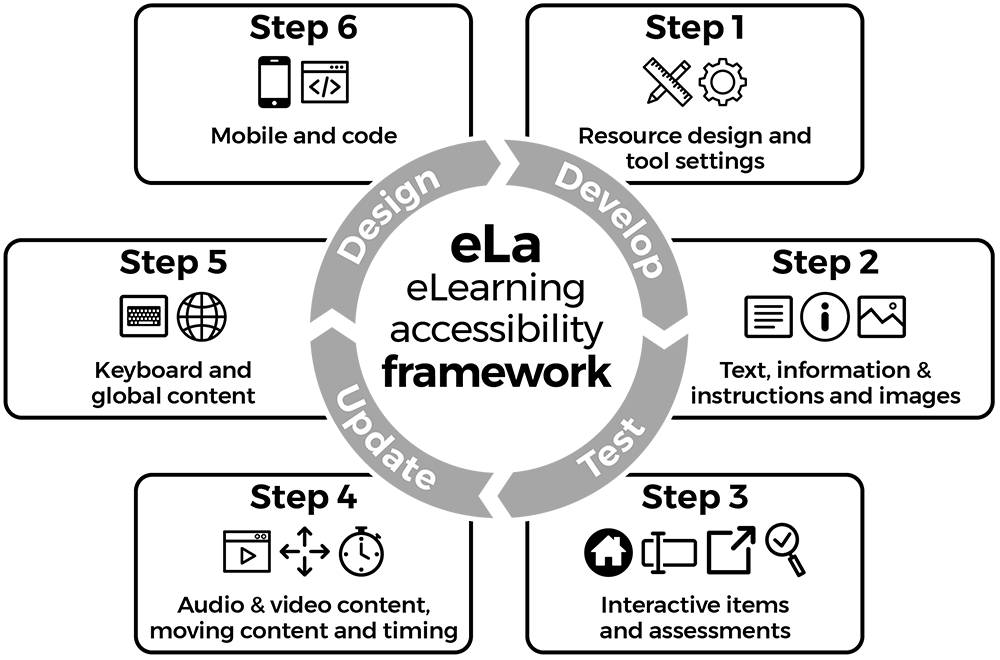
Introduction module – Fundamentals of accessible and inclusive design
This module covers:
The six remaining modules cover:
01
Resource design and tool settings
This module focuses on applying accessibility principles from the very start of the design and development process. You’ll cover key considerations like accessible structure and navigation, colour contrast, plain language and formatting fundamentals. It also shows practitioners how to assess the accessibility functionality of authoring tools and design for assistive technology.
02
Text, information & instructions, and images
This module focuses on three types of content that are fundamental to providing equal access to our learners. In the lessons on text you’ll find out how to make headings, lists, tables, and images of text accessible. You’ll also find out how to ensure your instructions include everyone and how to provide effective alternative text for a wide range of images typically used in learning content.
03
Interactive items and assessments
Making sure that all of your learners can interact with learning content and complete quiz questions and assessments is a vital part of making learning resources accessible. In this module you’ll find out how to make buttons, links and input items accessible. Case studies and video examples also help to bring alive how to make your assessments keyboard accessible and fully inclusive for everyone.
04
Audio and video content
This module covers how to make audio and video content accessible and inclusive. It addresses the complexities of what is required for this type of content by breaking it down into the four digital access needs; vision, hearing, motor and cognitive. You’ll find out how to use techniques such as audio description, captions, transcripts and inclusive video production to make all of your audio and video content fully accessible.
05
Moving content, keyboard, timing and global considerations
This module focuses both on accessibility and safety in learning content. You’ll address WCAG standards for moving and flashing content and find out how to fix any potential issues. The module includes a deep dive into how to make your learning content keyboard accessible. It also explores the requirements around timed content, and how to ensure content is accessible for screen reader users and responsive for mobile devices.
06
Mobile, code, strategy and consolidation
In this module, you’ll first explore WCAG standards related to mobile and coding considerations. A unique strategic focus then allows you to find out how to practically apply accessibility. You’ll focus on strategies to address tool and organisational accessibility limitations, testing, remediating content, and using maturity models. You’ll also have the opportunity to review and consolidate the 86 standards you’ve covered in the programme!
Gain internationally recognised accreditation
The DALC Programme is fully accredited by the Continuing Professional Development Standards Office and offers the following benefits:
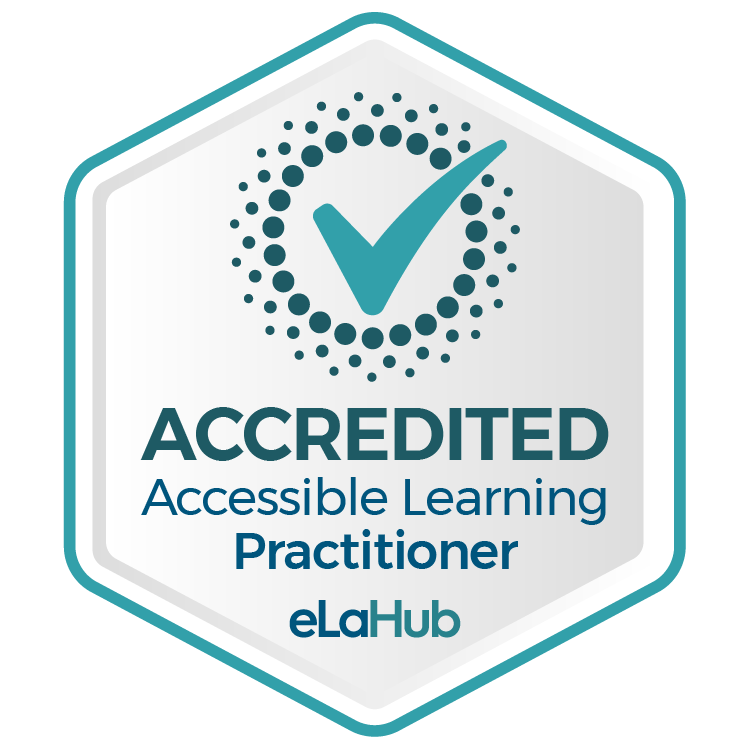
What makes the DALC Programme so unique?
On demand
As learning designers and developers ourselves we know how precious time is. This is why we’ve made the programme fully self-access and available on demand. You can start the modules as soon as you sign up and learn entirely at your own pace. You’ll continue to have access to the lessons and resources for 12 months.
Expert guidance
The programme is designed and developed by industry leading accessibility expert and instructional designer Susi Miller. Susi has taken the knowledge and expertise gained from writing her book and working with over 60 organisations, to provide a comprehensive, best practice guide that’s also a great learning experience.
Strategic focus
Unlike many other courses, the DALC Programme takes a holistic approach that focuses on practical strategies to implement accessibility in an organisation. It teaches practitioners how to test accessibility, remediate inaccessible content, practically apply maturity models, and address tool and operational constraints.
WCAG 2.2 accessible
The programme demonstrates best practice accessibility for learning content. It uses a popular authoring tool and shows how it is possible to make learning content that meets the most up to date accessibility standards. It adopts a pragmatic approach that demonstrates how practitioners can work within the accessibility constraints of tools yet still make their content accessible.
Applicable to all tools
The programme equips learning practitioners with the knowledge and skills to create accessible content using any eLearning authoring tool. Examples throughout the programme explore how 12 different tools apply accessibility principles and support practitioners to make learning content accessible. This broad approach guarantees good practice far beyond one tool.
Fully supported
Practitioners are fully supported throughout their learner journey. The programme provides features such as an accessibility statement, glossaries and downloadable checklists for each of the modules. Testing activities, tips, issue alerts, recap opportunities and FAQs are also provided. An online discussion forum provides additional support and guidance as learners progress through the programme.
Frequently Asked Questions
1. What support materials do I get?
Each module provides downloadable checklists to support practitioners when they come to practically applying accessibility to learning content. These guides are suitable for use with any authoring tool. Additional checklists with a focus on Articulate Storyline and Rise with links to step by step instructions are also provided. Screen reader friendly version of these guides are available as standard. Additionally, we offer downloadable checklists that offer targeted support on topics such as:
- authoring tool accessibility evaluation
- plain language
- accessible formatting
- disability images
- alternative text key tips
- consistent instructions
- Inclusive video production
- eLaHub accessibility testing matrix
- organisational accessibility maturity modules etc.
2. Which tools are covered on the course?
The DALC Programme is suitable for all learning tools and includes examples featuring the following tools:
- Articulate Storyline
- Articulate Rise
- Lectora
- Dominknow|one
- Elucidat
- CourseArc
- Adobe Captivate
- Adapt
- Evolve
- ISpring
- H5P
- Xerte
- Gomo.
3. How does the course keep up to date with developments?
Since the field of accessibility is always changing, we keep the DALC Programme continuously updated. Our programme accessibility statement is reviewed and updated annually to incorporate any developments in the authoring tool. In addition, we regularly update the programme to refresh resources, include changes in standards, and reflect changes in legislation as with the European Accessibility Act (EAA) coming into force in June 2025. We also notify our current learners about these updates through version control information.
4. What’s the difference between accessible and inclusive content?
Even if learning content is accessible to all of the WCAG standards, this doesn’t necessarily mean that it’s inclusive. eLahub’s definition of inclusive learning is content that provides a good learner experience for everyone and makes all learners feel welcomed, considered and valued. We strive to make our learning content both accessible and inclusive. The DALC Programme guides practitioners to do the same. Examples of the inclusive features in the programme include:
- accessibility statements
- glossaries as standard
- downloadable checklists
- transcripts for all video content
- alternative activities for non-accessible interactions
- inclusive imagery and language etc.
5. Who recognises the CPD Standards Office?
The CPD Standards Office is a world-leading CPD accreditation service
trusted by industry, institutes & professionals.
It has accredited a range of training providers in over 50 countries, across several continents. Due to the research undertaken by the CPD Standards Research Project with various professional bodies and regulators, the accreditation is recognised and respected internationally. Formal CPD Standards certificates are issued and accepted in a multitude of countries and across all professional sectors.
6. What if I have a question?
If you have any queries about the programme itself you can email us at support@elahub.net. If you have a question while you’re taking part in the programme you can ask us via the programme’s online discussion forum or contact us at the support email address above.
Start learning now!
Access all the benefits of the DALC Programme and unlock the potential of fully accessible and inclusive learning for only £675 (Plus VAT for UK only)

Based on the industry-leading Designing Accessible Learning Content book by Susi Miller
Rated 4.8 out of 5 on Amazon reviews

Diane Elkins, Co-owner, Artisan E-Learning and E-Learning Uncovered
Donald H Taylor, Chair, Learning Technologies Conference
Michael Vermeersch, Digital Inclusion Lead, Microsoft
“I know that if people learn how to help,
they will.”
Haben Girma
Haben is the first deafblind lawyer to graduate from Harvard Law School. This quote from her TEDxBaltimore talk was a key influence in convincing Susi Miller to write her book and then develop the Designing Accessible Learning Content Programme.
Now, at last, there is a comprehensive online self-access programme that empowers every learning practitioner to find out how to help!
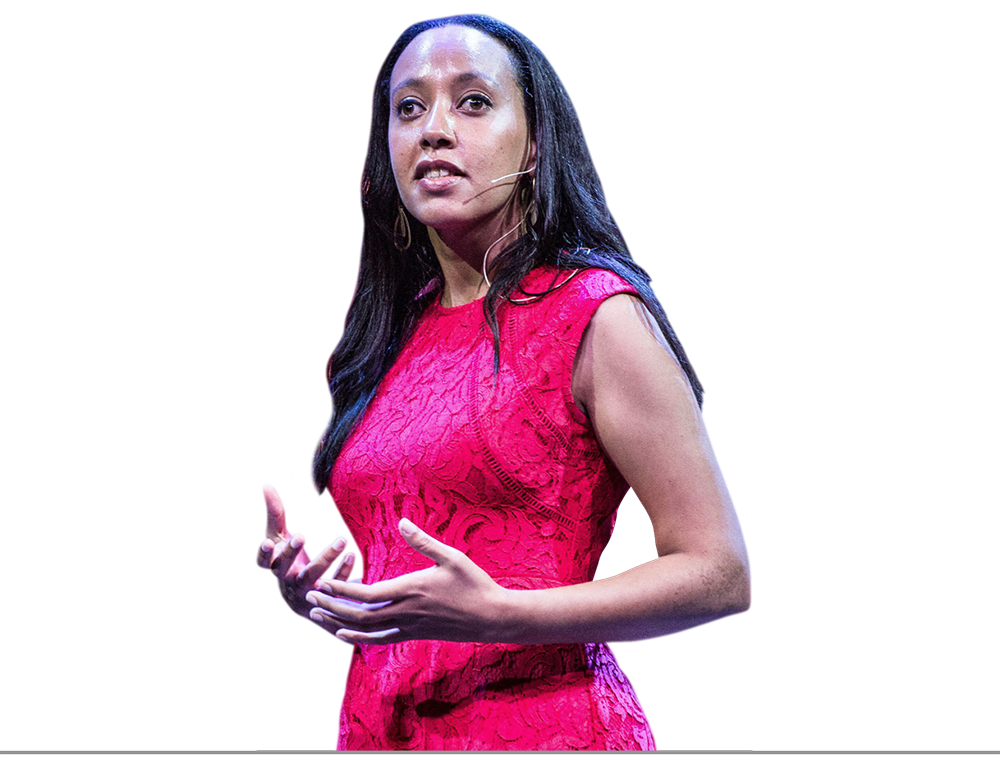
Some of the organisations we’ve delivered training to
























